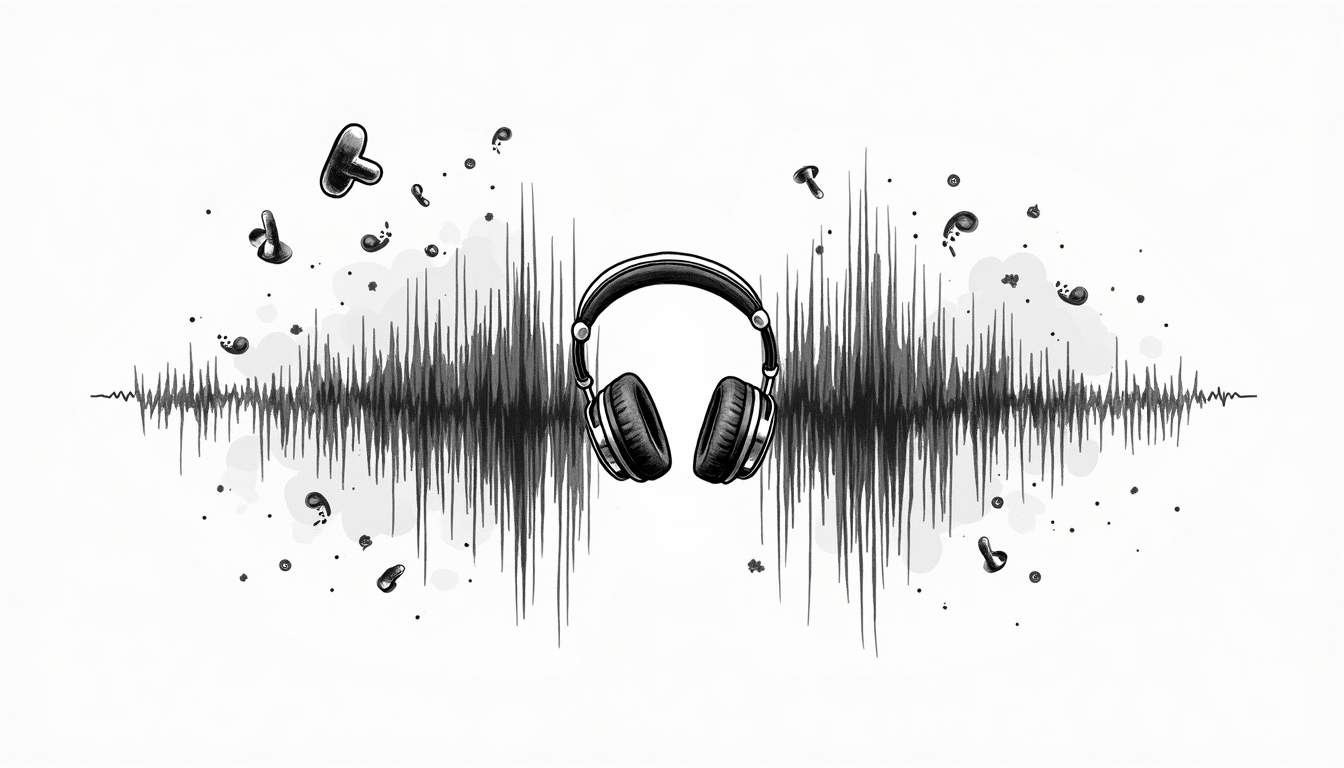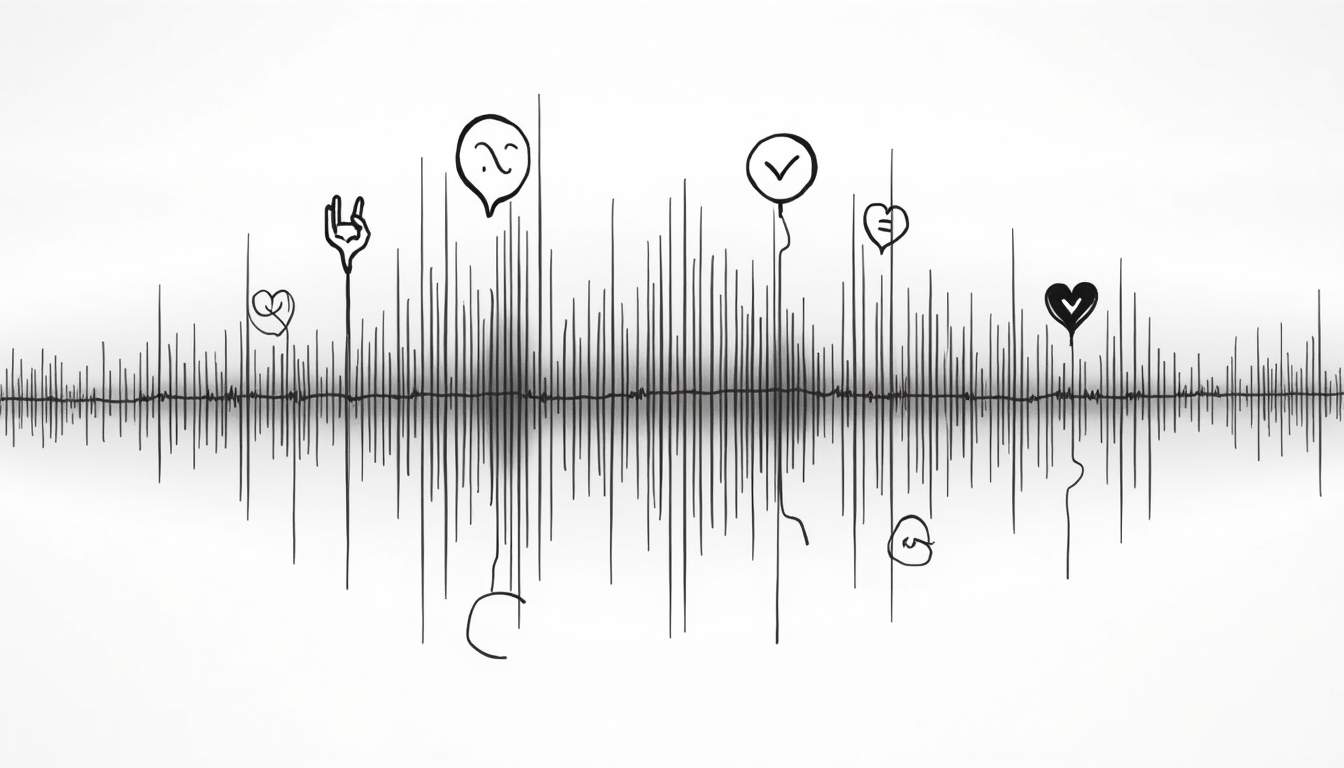Ever been in a quiet room, only to have a tiny creak, a distant siren, or a neighbor’s late-night drum solo turn your brain into a buzzing mess? If so, welcome to the club nobody really wants to join: noise sufferers.
Whether it’s hyperacusis, misophonia, tinnitus, or just plain old noise sensitivity, living with sound that feels like an assault is no joke. But here’s the thing-you’re not alone, and there’s hope.
Why Noise Feels Like a Personal Attack
Imagine your ears are like a finely tuned radio. Now imagine someone cranks the volume to 11 without warning, or suddenly switches the channel to static. That’s what happens inside the brain of a noise sufferer. It’s not just about loud sounds-it’s about how your nervous system processes them.

Take misophonia, for example. It’s not just “I don’t like chewing noises.” It’s more like your brain hits the panic button every time it hears certain triggers. Studies estimate that around 20% of people experience some form of misophonia, though many don’t realize it has a name. And tinnitus? That constant ringing or buzzing in your ears affects about 15% of adults worldwide. These conditions can make everyday life feel like a minefield of sound traps.
When Noise Becomes Stress
Noise sensitivity isn’t just annoying-it can trigger anxiety, stress, and even depression. Your body reacts as if it’s under threat, releasing stress hormones that make everything feel worse. It’s a vicious cycle: noise causes stress, stress makes you more sensitive to noise, and around you go.
Moreover, the impact of noise sensitivity extends beyond personal discomfort; it can affect relationships and social interactions. Imagine trying to enjoy a meal with friends while the sound of clinking cutlery feels like nails on a chalkboard. This can lead to isolation, as individuals may avoid social gatherings to escape the auditory onslaught. Additionally, workplaces that are noisy can exacerbate these feelings, making it difficult to concentrate and perform tasks effectively. In fact, research has shown that chronic noise exposure can lead to decreased productivity and increased absenteeism, further complicating the lives of those who are sensitive to sound.
So, what’s the secret to breaking this cycle? Spoiler: It’s not just about blocking out sound with earplugs (though they help). It’s about finding support, understanding your condition, and discovering strategies that work for you. Techniques such as cognitive behavioral therapy (CBT) have shown promise in helping individuals reframe their reactions to noise, while mindfulness practices can enhance one’s ability to cope with overwhelming auditory stimuli. Additionally, creating a personal sound environment, such as using white noise machines or calming music, can provide a buffer against unwanted sounds and help reclaim a sense of peace in daily life.
Finding Your Tribe: Support Groups and Communities
Feeling like the only person in the world who’s driven crazy by a dripping faucet or a ticking clock? You’re not. One of the most powerful ways to cope is connecting with others who get it.
Online Communities: Your 24/7 Soundproof Room
The internet is a goldmine for noise sufferers. Forums, Facebook groups, Reddit communities-there’s a place for everyone. For instance, the r/misophonia subreddit has thousands of members sharing stories, venting, and swapping coping tips. It’s like a virtual support group where you can lurk or jump in whenever you need.
These spaces offer more than just sympathy. They’re a source of practical advice, from sound therapy apps to recommendations for noise-cancelling headphones. Plus, sometimes just knowing you’re not alone can be a huge relief. Many members share their personal journeys, detailing what strategies worked for them and how they navigated difficult situations. This shared knowledge can empower you to try new techniques and find what resonates best with your own experiences.
Local Support Groups: Real People, Real Empathy
If you prefer face-to-face interaction, check out local support groups or meetups. Hospitals, audiology clinics, and mental health centers often host sessions for tinnitus or noise sensitivity sufferers. Being in a room with people who understand your struggle can be incredibly validating.
Also, these groups often invite experts—therapists, audiologists, neurologists—to talk about the latest treatments and research. It’s a chance to ask questions and get professional advice without the clinical coldness of a doctor’s office. Additionally, these gatherings can foster friendships that extend beyond the meetings, creating a network of support that can be invaluable during tough times. You might find yourself exchanging contact information or planning outings, which can lead to a deeper sense of community and belonging.
Moreover, local support groups often incorporate activities designed to help members practice mindfulness and relaxation techniques. These might include guided meditation sessions or workshops on stress management, equipping participants with tools to better cope with their sensitivities. The shared experience of learning and growing together can strengthen bonds and create a safe space where everyone feels heard and understood.
Tools and Techniques: Fighting Noise with Noise (and Other Tricks)
It sounds weird, but sometimes the best way to deal with noise sensitivity is to introduce controlled, pleasant sounds. Enter sound therapy.

Sound Therapy: Soothing Your Ears and Brain
Sound therapy uses gentle background noise to retrain your brain’s response to triggers. Think white noise machines, nature sounds, or specialized apps that play calming frequencies. For tinnitus sufferers, this can help mask the ringing and reduce its perceived intensity.
One popular app is “myNoise,” which lets you customize soundscapes like rain, waves, or even a cozy coffee shop ambiance. It’s like having a personal sound engineer in your pocket. Users can mix different elements, adjusting the volume of each layer to create a unique auditory experience tailored to their preferences. This level of customization can be particularly beneficial for those who find certain sounds more soothing than others, allowing for a personalized approach to sound therapy that can evolve over time.
Mindfulness and Relaxation Techniques
Stress makes noise sensitivity worse. So, learning to relax is a game-changer. Mindfulness meditation, deep breathing exercises, and progressive muscle relaxation can lower your stress levels and help you regain control.
Try this: next time a noise trigger hits, take a deep breath, focus on your breathing, and remind yourself that the sound can’t hurt you. It’s easier said than done, but with practice, it can shift your brain’s reaction from panic to calm. Incorporating visualization techniques can also enhance this process; imagine a serene place where you feel safe and at ease, allowing your mind to escape the immediate noise. This mental imagery can serve as a powerful tool in reinforcing your relaxation response, making it easier to cope with unexpected sounds in your environment.
Environmental Adjustments: Your Home, Your Sanctuary
Making your living space noise-friendly is another key step. Thick curtains, rugs, and upholstered furniture absorb sound. Draft-proofing windows and doors can keep outside noise at bay. Even rearranging furniture to create quiet zones helps.
Noise-cancelling headphones are a godsend for many. They don’t just block sound—they create a bubble of peace. Whether you’re working, relaxing, or trying to sleep, investing in a good pair can make a huge difference. Additionally, consider incorporating soft furnishings like cushions and throws, which not only enhance the aesthetic of your space but also contribute to sound absorption. Plants can also play a role; certain varieties, like ferns and peace lilies, can help reduce noise levels while improving air quality, creating a more tranquil environment overall. By thoughtfully curating your surroundings, you can transform your home into a true sanctuary that nurtures your well-being and minimizes auditory distractions.
When to Seek Professional Help
Sometimes, noise sensitivity isn’t just a quirk—it’s a sign of an underlying issue that needs medical attention.

Audiologists and ENT Specialists
If you’re dealing with tinnitus, hearing loss, or sudden changes in hearing, an audiologist or ear, nose, and throat (ENT) doctor should be your first stop. They can perform tests to diagnose conditions and recommend treatments like hearing aids, sound therapy devices, or medications. These professionals are equipped with advanced diagnostic tools, such as audiograms and tympanometry, to assess your hearing capabilities accurately. Furthermore, they can provide personalized advice on protecting your ears from further damage, which is crucial for maintaining long-term auditory health.
Therapists and Psychologists
Noise sensitivity often comes with anxiety or depression. Cognitive-behavioral therapy (CBT) has shown promise in helping sufferers manage their reactions to sound. Therapists can also teach coping strategies tailored to your specific triggers and lifestyle. Additionally, mindfulness techniques and relaxation exercises can be beneficial in reducing the overall stress associated with noise sensitivity. Engaging in support groups or therapy sessions can also foster a sense of community, allowing individuals to share experiences and coping mechanisms, which can be incredibly empowering.
Neurologists and Other Specialists
In rare cases, noise sensitivity may be linked to neurological conditions like migraines or auditory processing disorders. If your symptoms are severe or unusual, a neurologist can help rule out or treat these issues. They may conduct comprehensive evaluations, including imaging studies, to understand better the relationship between your symptoms and any neurological factors. Additionally, they can collaborate with other specialists to create a multidisciplinary approach to your care, ensuring that all aspects of your health are considered and addressed.
Keeping the Hope Alive
Living with noise sensitivity can feel like being trapped in a world that’s too loud, too harsh, and too unpredictable. But every day, more research, better treatments, and stronger communities are lighting the way forward.
Remember, your experience is valid. Your struggle is real. And your path to peace is possible. Whether it’s finding your tribe online, trying out sound therapy, or seeking professional help, small steps add up.
So next time the world feels unbearably noisy, take a deep breath, reach out, and know this: you’re not alone. There’s a whole bunch of us quietly cheering you on from the sidelines-earplugs in, headphones on, and hope in our hearts.

Leave a Reply